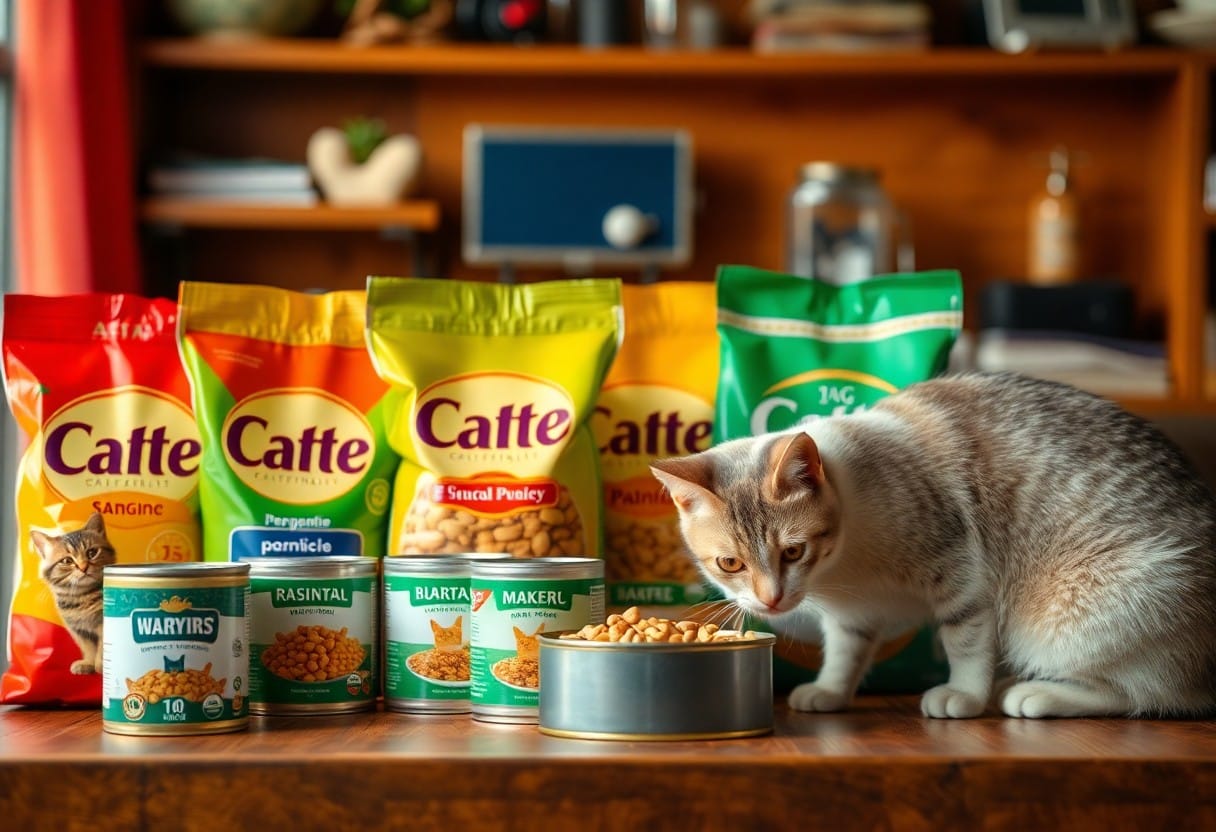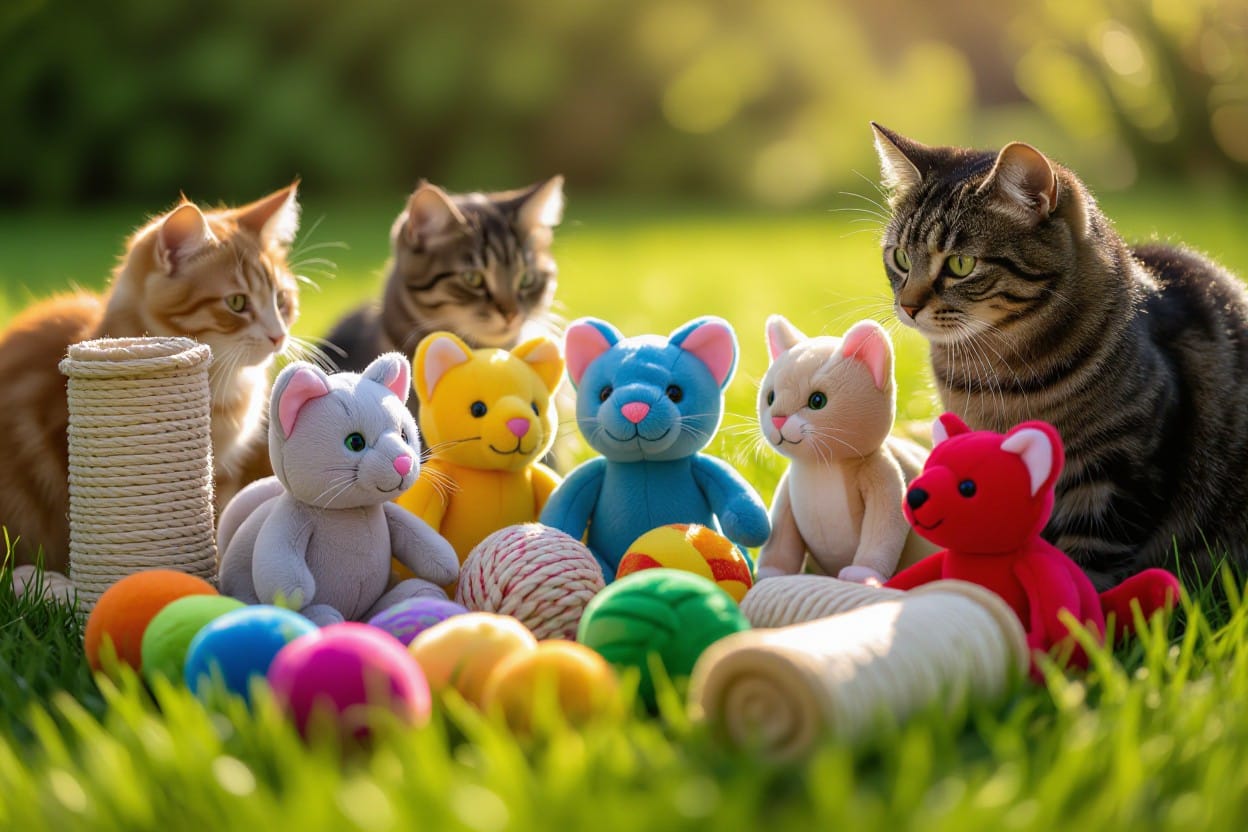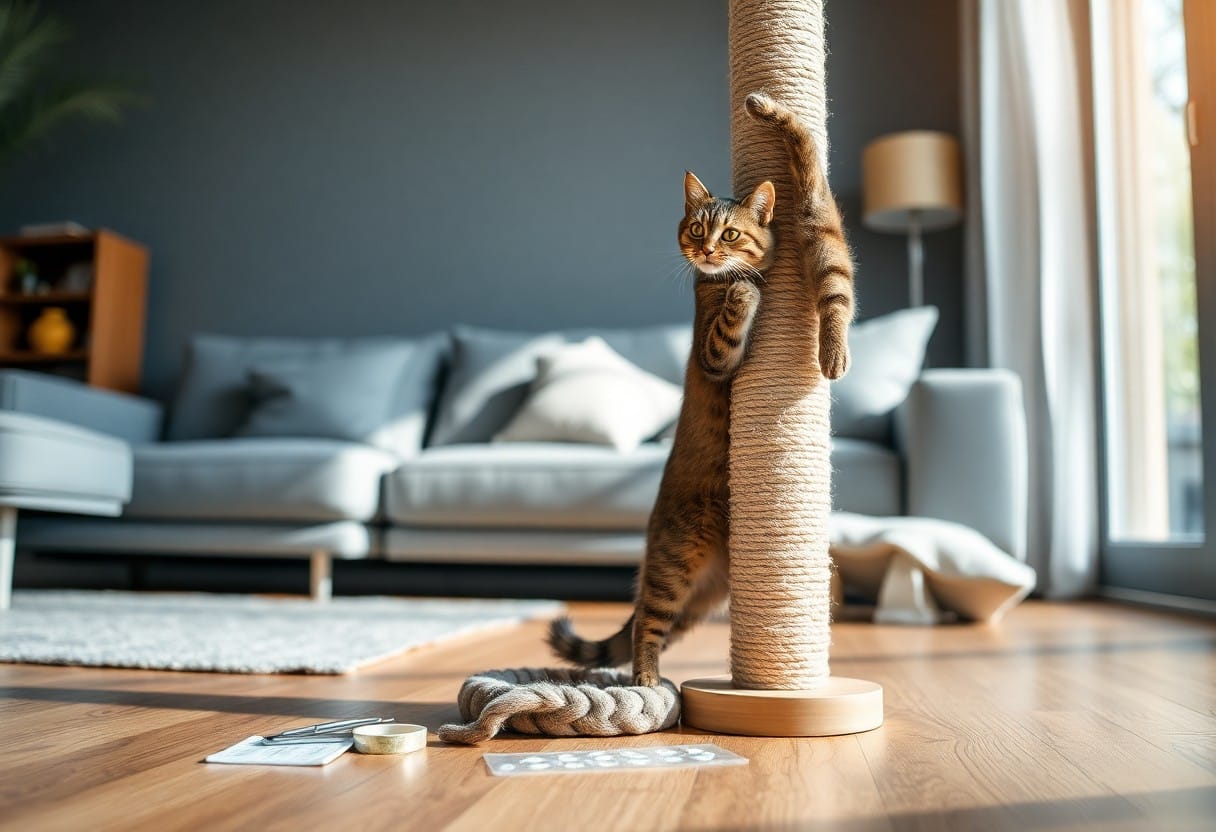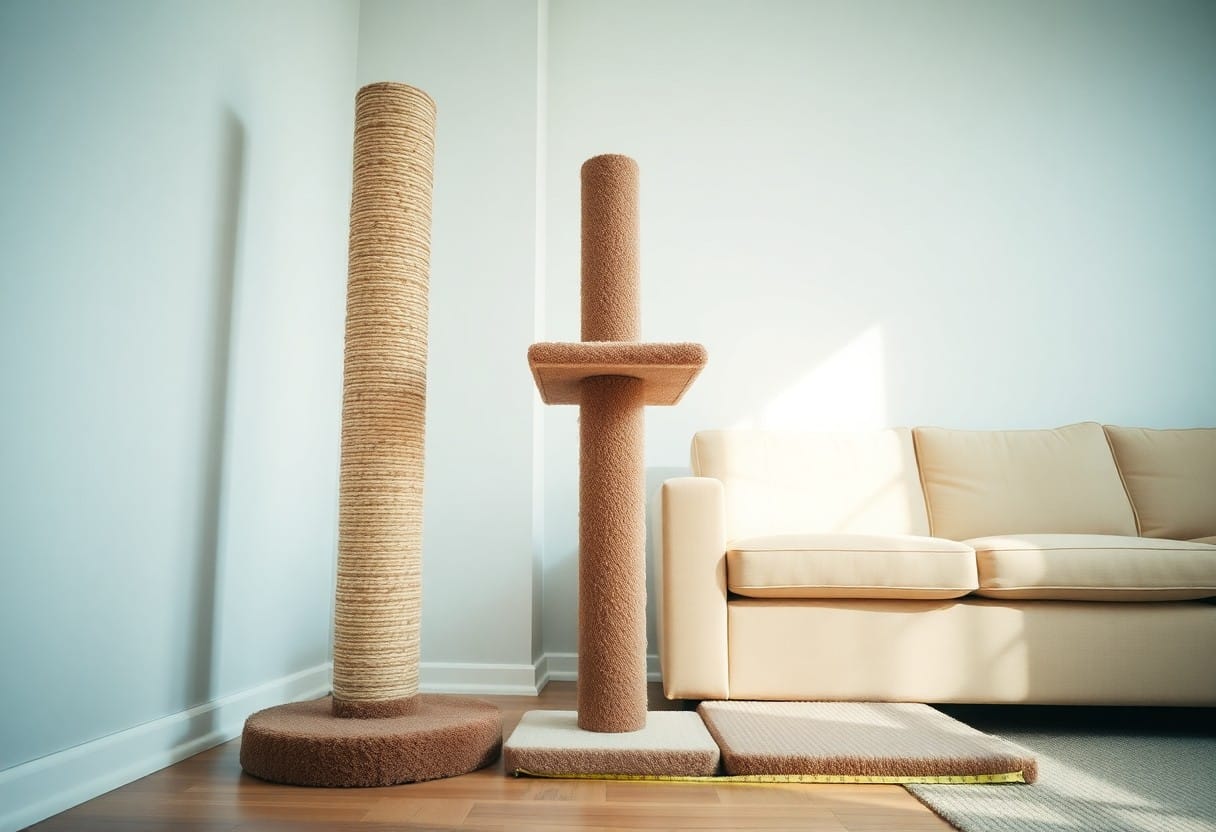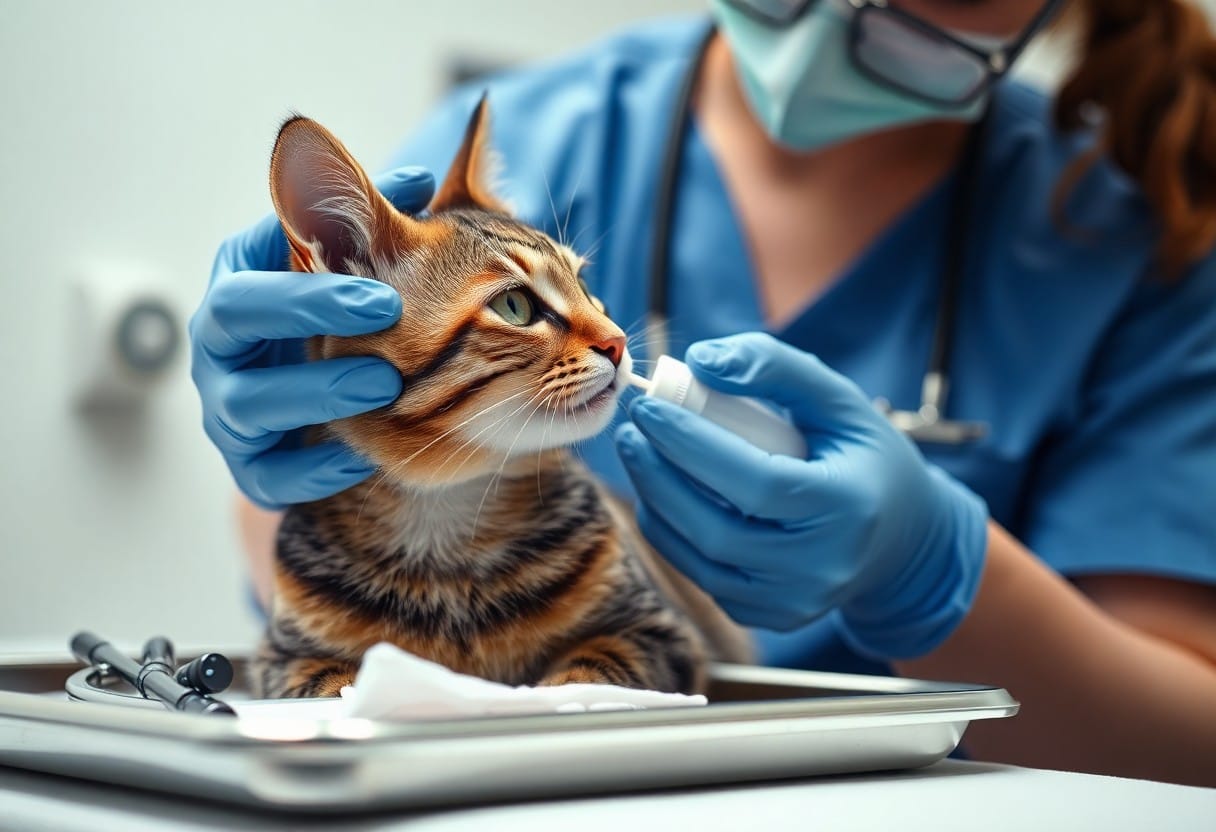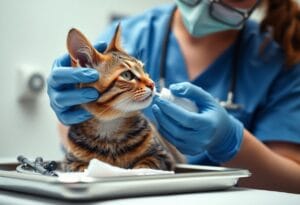Understanding Cat Food
The right cat food is vital for your feline’s health and happiness. Choosing wisely can prevent numerous health issues and promote wellness, ensuring a longer, more vibrant life for your cat. Familiarizing yourself with various types of cat food and their components is your first step towards making an informed decision.
Types of Cat Food
One way to start is by exploring the different types of cat food available:
| Dry Food | Convenient and cost-effective option with a long shelf life. |
| Wet Food | High in moisture, often more palatable for picky eaters. |
| Raw Food | Replicates a natural diet, but requires careful handling and preparation. |
| Homemade Food | Allows control over ingredients, but needs nutritional balance. |
| Specialized Diets | Formulated for specific health concerns such as allergies. |
Knowing your options is key to selecting the best food for your cat’s needs.
Reading Labels and Ingredients
If you want the best for your cat, understanding labels and ingredients is vital. Look for quality, whole foods as the primary ingredients—meat should be first, not by-products. Avoid foods with fillers and artificial additives that can be harmful to your pet’s health.
Another important aspect is to check for protein sources, as your cat needs a high-protein diet. Look out for ingredients like real meat or fish, which indicate quality. Stay away from fillers such as corn and wheat that can lead to health problems. Additionally, consider vital vitamins and minerals for overall wellness. By reviewing labels carefully, you’ll ensure you’re making the best choice for your furry friend.
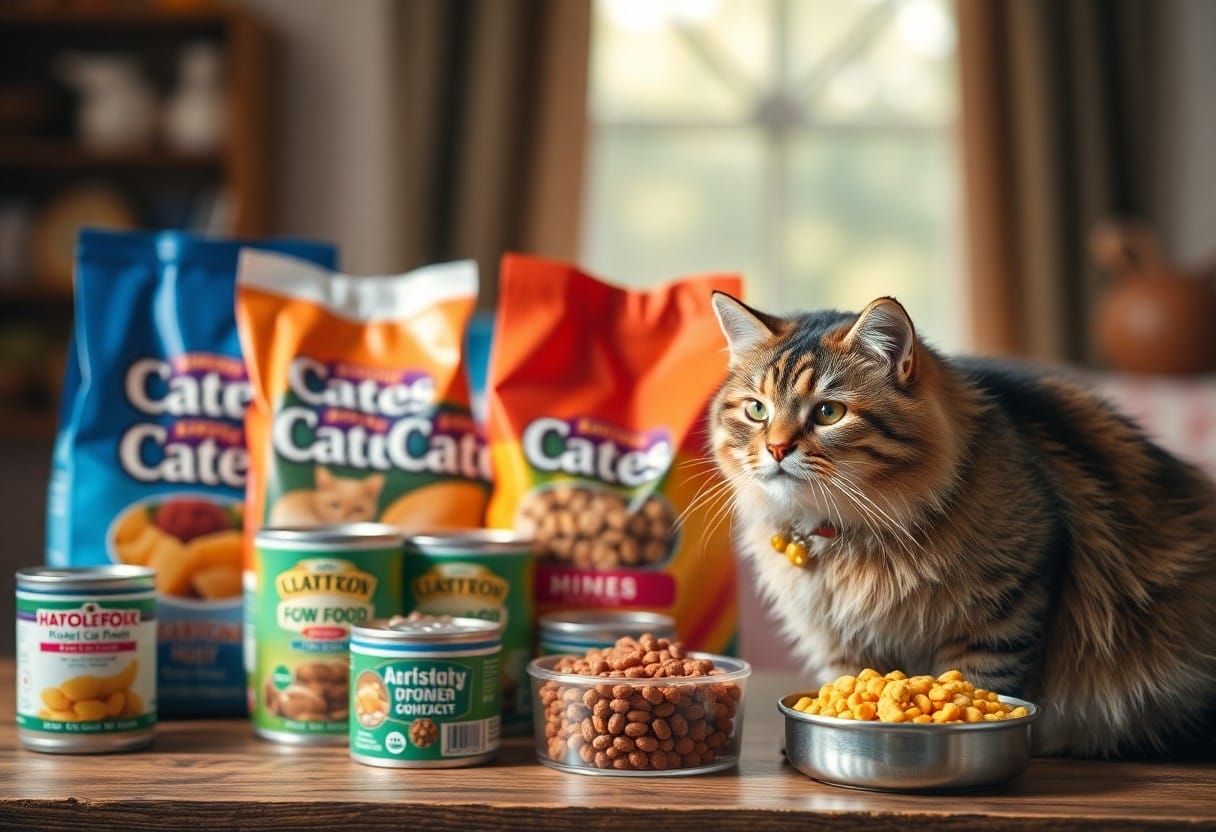
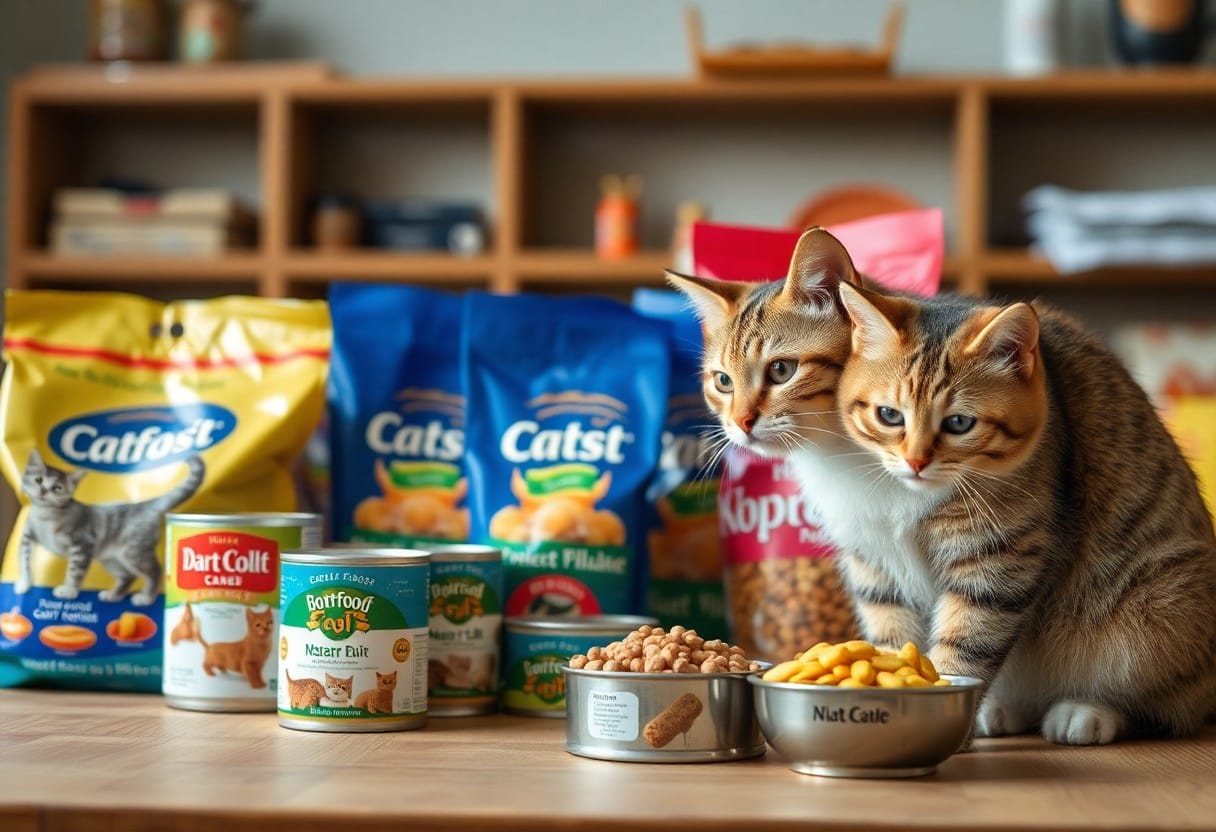
Pros and Cons of Popular Brands
For many pet owners, choosing the right cat food brand can be overwhelming. To simplify your decision, we’ve outlined the pros and cons of some popular cat food brands in the table below:
| Pros | Cons |
|---|---|
| High-quality ingredients | Higher price point |
| Research-backed formulations | Limited availability |
| Diverse flavor options | Some brands may contain fillers |
| Positive brand reputation | Consumer complaints on specific formulas |
| Veterinary endorsements | May not suit all dietary needs |
High-Quality Brands
On the market today, high-quality cat food brands often provide balanced nutrition tailored to your cat’s specific needs. These brands use premium ingredients, are less likely to include artificial additives, and prioritize sustainability in sourcing. Investing in these brands can greatly benefit your cat’s long-term health and vitality.
Budget-Friendly Options
Assuming you are on a tighter budget, it’s still possible to find quality cat food that meets your pet’s nutritional requirements without breaking the bank. Many budget-friendly brands offer decent ingredients while ensuring that your cat gets necessary nutrients.
High-quality budget options can still provide solid nutrition for your cat despite the lower price tag. While some cheaper brands may contain fillers and artificial additives, you can find affordable choices that prioritize real meat and whole grains, ensuring your cat receives balanced nourishment. Do thorough research and read reviews, as this will guide you in identifying the best budget-friendly options without compromising your pet’s health.
FAQ
Q: What factors should I consider when selecting a cat food brand?
A: When choosing a cat food brand, consider the ingredients list, nutritional adequacy, and the specific needs of your cat. Look for high-quality proteins as the main ingredient, check for vital vitamins and minerals, and avoid artificial additives. Also, consider your cat’s age, health condition, and any dietary restrictions they might have. It’s helpful to consult with your veterinarian to ensure the food meets your cat’s unique requirements.
Q: How do I know if a cat food brand is trustworthy?
A: To assess the trustworthiness of a cat food brand, research their reputation and manufacturing practices. Look for brands that have a history of quality control and transparency. Check for certification from recognized organizations, such as the Association of American Feed Control Officials (AAFCO), which ensures that the food meets certain nutritional standards. Reading customer reviews and testimonials can also provide insight into the experiences of other pet owners.
Q: What role does my cat’s age and health play in choosing the right food?
A: Your cat’s age and overall health are vital in determining the appropriate diet. Kittens require food with higher protein and calorie content to support growth, while adult cats may need a balanced diet to maintain their health. Senior cats often benefit from food that is easier to digest and supports joint health. If your cat has specific health issues, such as obesity or allergies, you should consider specialized formulas designed to address those concerns. Consult with your veterinarian for tailored recommendations based on your cat’s individual needs.
